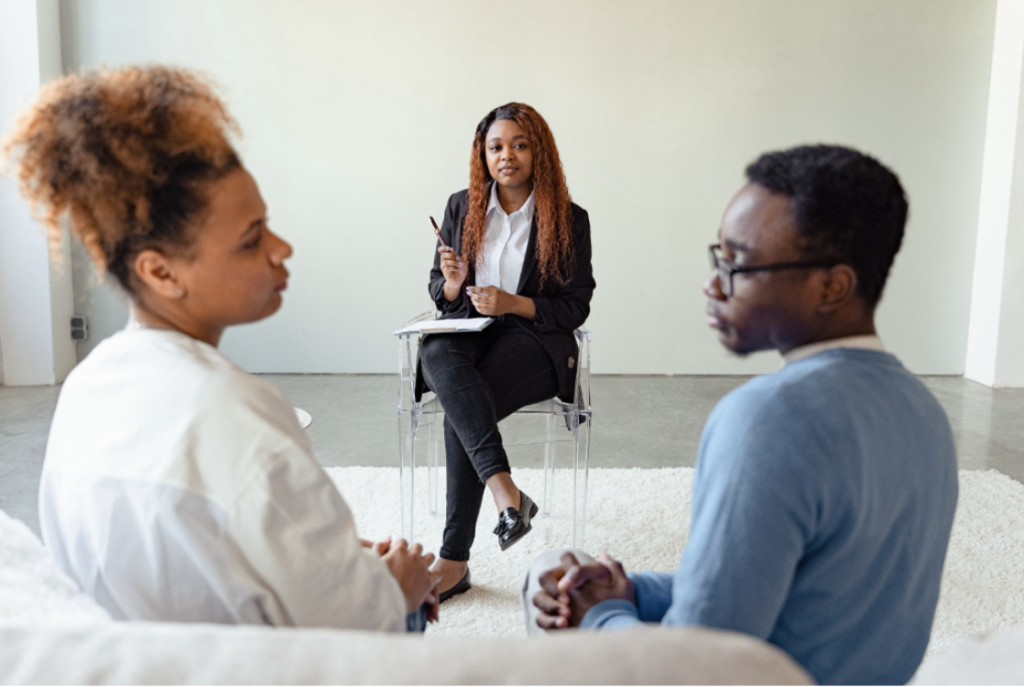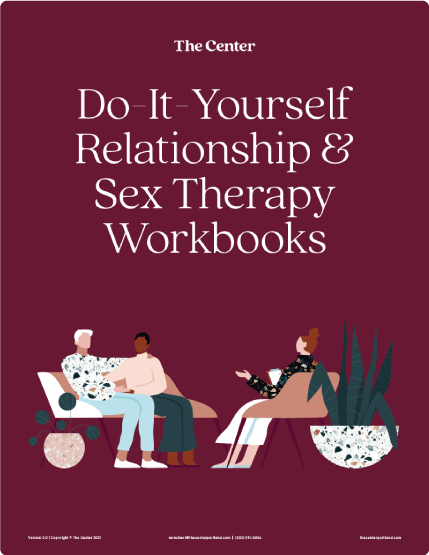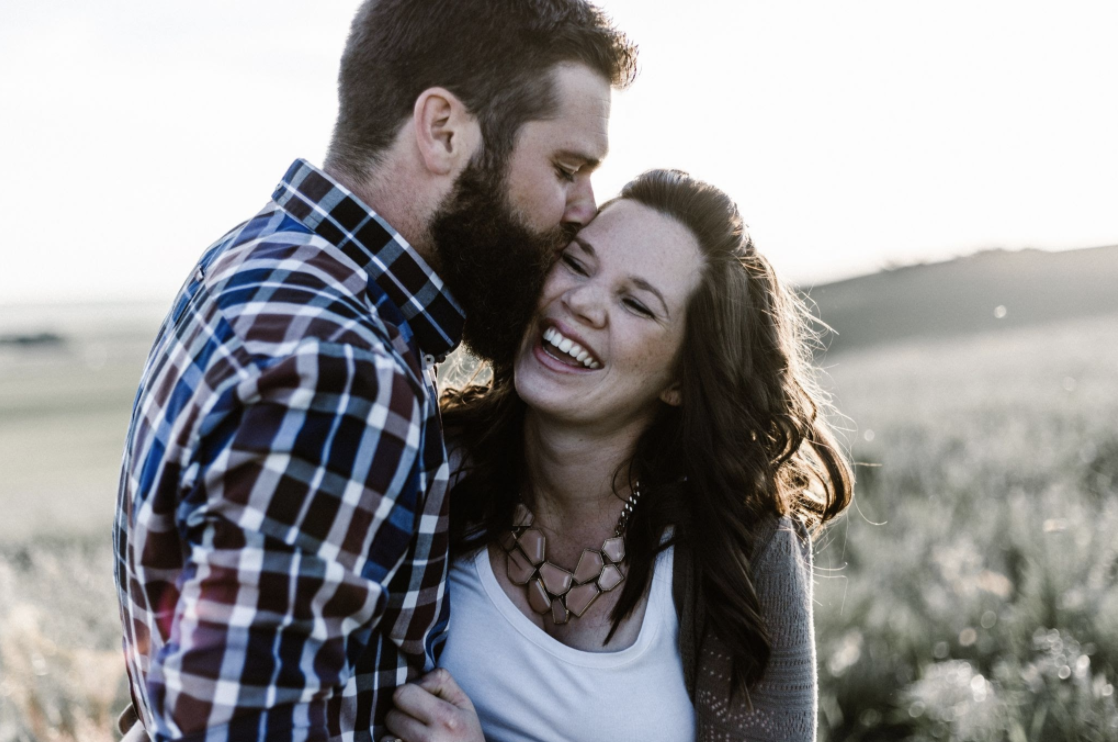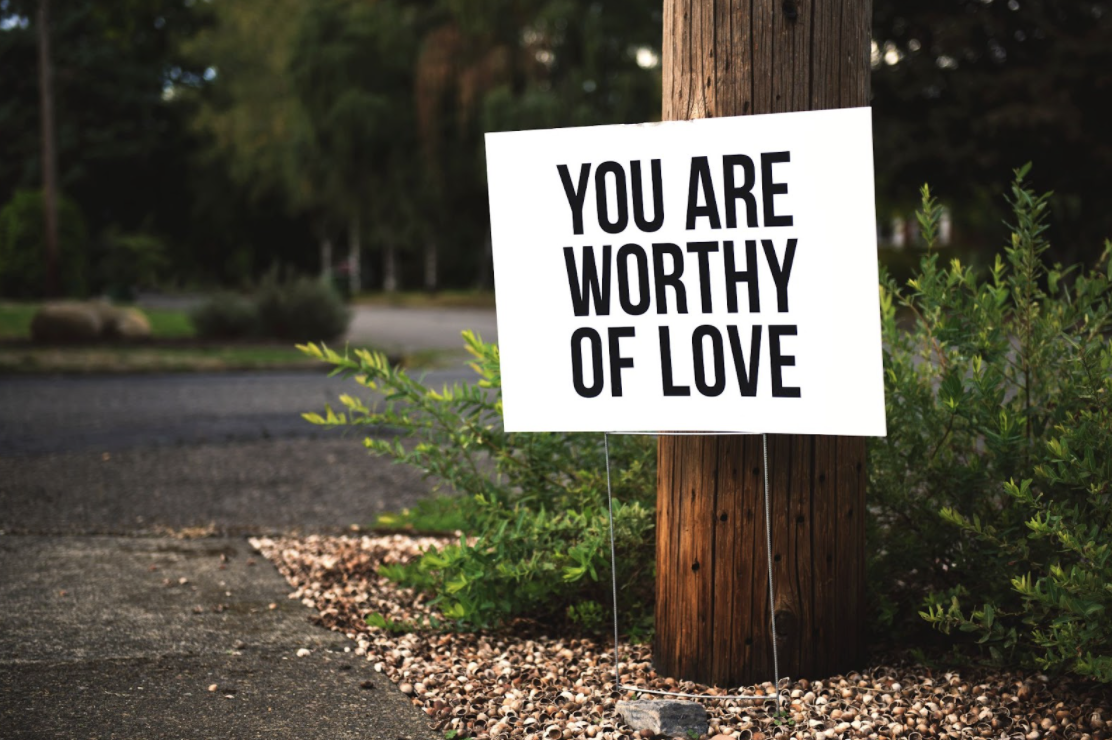You’ve begun your search for a couples therapist, an important move towards improving your relationship.
First, congratulations on taking that first step! It can be incredibly challenging to ask for help when you’re in the middle of a crisis— but seeking help is often the act that starts couples on their healing journey.
Now that you’ve decided to find a couples therapist, searching for the right one feels equally daunting.
“How do I find the right therapist?”
“What kind of therapy do we need?”
“What if it doesn’t work?”
You wouldn’t be the first to ask these questions, and you certainly won’t be the last.
It’s why we’ve put together this guide—to make the process much easier. Here’s how to find the right couples therapist for both you and your partner.
What to Look For in a Couples Therapist
It can be tough to find someone who has the right qualifications and also feels like a good fit. And when seeking a couples therapist, you need a specialist.
Here are the qualifications to look for.
Therapists with Specialized Training in Couples Therapy
The first thing you want to look for in a couples therapist is their specialization. A couples therapist should have both training and experience in couples therapy.
Whether the therapist you find is a marriage and family therapist, professional counselor, psychologist, or social worker—they should have distinct training in working with couples.
Not all therapists are trained in couples therapy, so be sure to ask about their education during your first call. This may also include advanced training, or certification beyond their graduate level education.
The right qualifications are important, and so is experience. You want to find a therapist who has previous experience with couples and currently primarily works with couples. This is because the skills required to help a couple are different from the skills required to work with individuals.
Therapists Trained in Sex Therapy
Sex therapists are counselors who have additional training and expertise in the area of sexual health. They’re trained to help individuals and couples overcome sex-related concerns.
Should you look for a couples therapist with additional training in sex therapy?
If you or your partner are struggling with:
- Arguments about sex
- Avoiding conversations around sex
- Mismatched sexual desire
- Sexual performance anxiety
- Maintaining a sexual connection
Then yes—a couples and sex therapist will be best equipped to support you.
Your sexual connection can have a huge impact on your overall relationship. A trained sex therapist will help you strengthen your sexual relationship and enhance your overall intimacy and connection.
This is exactly why we created The Center for Couples & Sex Therapy. All our therapists are specialists in the field of couples and sex therapy. When you work with a specialist, you work with an expert who has the training necessary to help with your specific needs.
Your Relationship With the Therapist Matters
Your relationship with the therapist is just as important as finding one with the right training and experience. It’s essential to find a couples therapist who you feel connected to and at ease with.
If you don’t feel a safe and a positive relationship with the therapist, then therapy will not be very effective. In fact, a strong relationship with your therapist is one of the biggest predictors of therapy success.1
In therapy you may be asked to do new things and try new approaches. And this can feel a little uncomfortable at first—which is normal.
However, you should always feel emotionally safe with your therapist.
Is Your Therapist Meeting Your Needs?
Therapy can feel difficult at times. If you’re having negative emotions during therapy, it’s important to tell your therapist instead of holding it in.
If you feel misunderstood, or feel like something isn’t working—share it with your therapist. Advocating for your needs develops your communication skills and also helps your therapist better understand you.
Tell your therapist what’s working well for you, and what’s not very helpful during therapy.
A compassionate and collaborative therapist will be open to this feedback, address any concerns you have, and guide the therapy in a positive direction.
If you feel like the therapist just doesn’t “get” you and your partner, it’s okay to seek help elsewhere. Your current therapist may even help you find a couples therapist who will be a better fit.
You Both Need To Like The Therapist
Both you and your partner should feel good about therapy. It’s important for you both to feel like you can talk openly and comfortably. If one of you is uncomfortable with the therapist, then continuing to work with them will not be effective.
Check in with your partner as you begin therapy. Discuss how you feel it’s going. Decide together if you think your therapist and their approach is right for your relationship.
Both you and your partner need to be on the same page to move forward in therapy.
The Therapist Doesn’t Take Sides
The therapist should be able to respect and relate to both of you, and not take sides.
Your couples therapist is there to guide and support you both. If you feel like the therapist is taking either your side or your partner’s side—this is a red flag.
The goal of therapy is to create a space where you both can communicate, feel heard, and work together towards a solution to your relationship concerns.
The therapist is there to guide this process and create more positive communication between you both.
If one of you feels antagonized or blamed, this will be a barrier to resolving any issues.
Questions to Ask During Your First Meeting
During your first meeting, your couples counselor will ask you questions. They want to gain a better understanding of you and your partner’s concerns and determine if you’re a good fit for counseling.
You should do the same. Determine if the therapist is a good fit for your needs by asking them some questions.
It can feel a little uncomfortable to bring up questions and concerns. But it’s important that you find someone who can help address your needs for therapy to be effective.
Don’t be afraid to ask your therapist these questions:
- Can you tell us about your training?
- How much of your work is with couples?
- What can we expect from working with you?
- Can you tell us about some of the issues you’ve helped other couples with?
- What are the goals for therapy?
- What do next steps look like?
The therapist should make you feel comfortable and be able to address any of your concerns around their qualifications and the therapy process.
Finding a Couples Therapist (That You Both Like)
Finding a good couples therapist—one that both you and your partner like—is an important step to healing. It can be tough to find a qualified professional who feels like a good fit during your first session together.
This is why we offer a free initial consultation and a personalized matching process. We work hard to ensure you’re paired with the right therapist from the start.
We’re ready to get you matched with the right therapist as you begin couples therapy.
Ready to take the next step?
Contact us today to get started.







